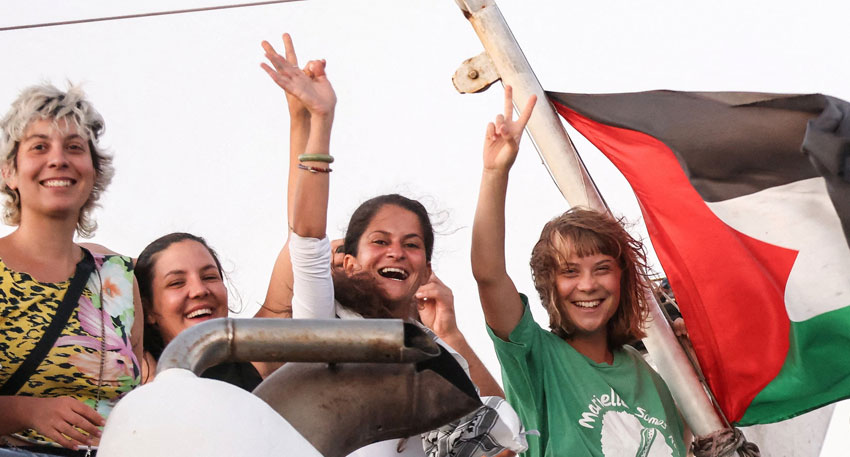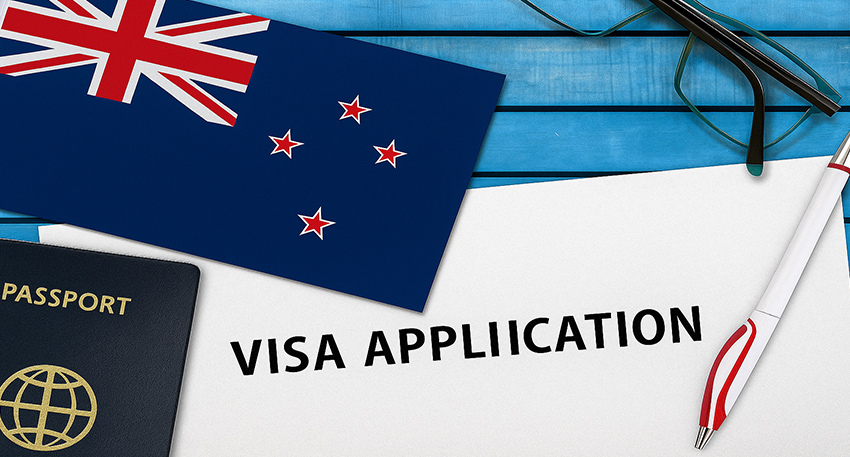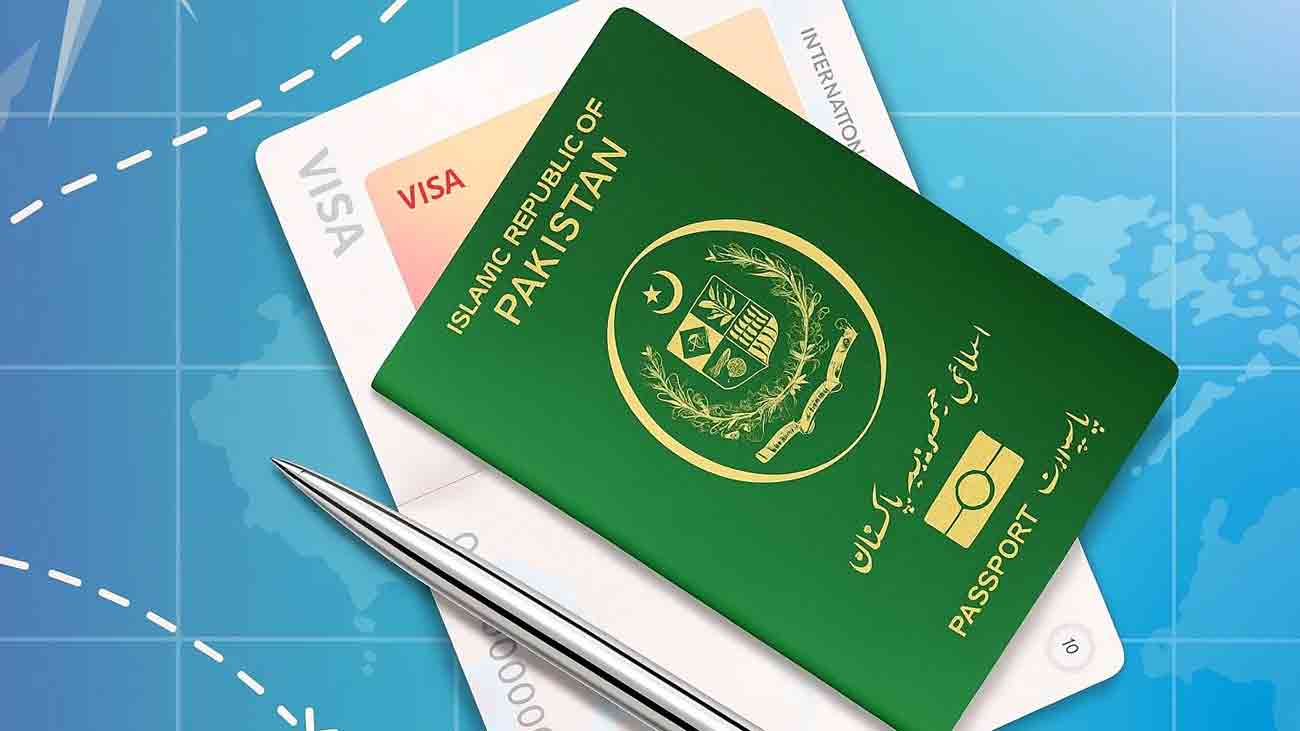
In a major escalation on the seas of the eastern Mediterranean, Israeli naval forces have intercepted and taken control of several vessels from the Global Sumud Flotilla, a large-scale international mission aimed at challenging the long-standing blockade on Gaza.
The flotilla, comprising more than 40 civilian boats and carrying over 500 international activists from 44 countries, was stopped approximately 70 nautical miles (130 kilometers) off Gaza’s coast late on Wednesday. Organizers claim Israeli forces used signal jamming, cut off communications, and boarded at least 13 vessels in what they are calling an “illegal military operation in international waters.”
Mission of the Global Sumud Flotilla
The Global Sumud Flotilla set sail in late August 2025 from ports in Spain and Italy, stopping at several Mediterranean countries including Greece and Tunisia. Its stated goal: to deliver humanitarian aid and symbolically break Israel’s naval blockade on Gaza — a blockade in place since Hamas took control of the enclave in 2007.
While the aid onboard was largely symbolic due to the difficulty of transporting large-scale supplies by sea, the flotilla aimed to shine a global spotlight on what activists describe as the “humanitarian catastrophe” in Gaza, especially after nearly two years of ongoing Israeli military operations.
According to organizers, the flotilla included food, medicine, baby formula, and other critical supplies. Volunteers included human rights advocates, medical personnel, lawmakers, and prominent international figures — among them, climate activist Greta Thunberg and veterans from the U.S. and Europe.
Israeli navy interception and detentions
Israeli officials confirmed the operation, releasing a video showing naval forces warning the flotilla of the blockade zone and ordering the vessels to reroute to Israeli-controlled ports. The activists, however, refused to alter course.
Eyewitness reports from onboard stated that Israeli soldiers boarded vessels such as the Alma, Surius, and Adara at around 8:30 PM local time. Activists say the navy disabled communication equipment and livestreams, preventing distress calls. In some cases, force was reportedly used during detentions, though no casualties have been confirmed as of now.
A video released by Israel’s Ministry of Foreign Affairs showed Greta Thunberg surrounded by uniformed personnel, confirming she and other activists were being processed and would be deported after the Yom Kippur holiday.
Current status: ongoing tensions and remaining vessels
As of Thursday morning, 30 vessels from the flotilla were reportedly still navigating international waters, about 85 kilometers from Gaza’s shore, attempting to evade Israeli naval forces.
Saif Abukeshek, spokesperson for the Sumud Flotilla, said, “Our activists are determined. Despite Israel’s illegal aggression, the mission continues. We will not be silenced or deterred.”
The flotilla’s interception has sparked widespread protests in major cities including Rome, Buenos Aires, Istanbul, and Kuala Lumpur.
International reactions: condemnations and diplomatic fallout
The incident has drawn sharp rebukes from multiple governments and international organizations.
- Malaysia: Prime Minister Anwar Ibrahim strongly condemned the interception, calling it an “act of intimidation” against civilians. He demanded the immediate release of all 12 detained Malaysian nationals.
- Ireland: Foreign Minister Simon Harris described Israel’s actions as “very concerning,” reaffirming support for peaceful humanitarian efforts and confirming that Irish diplomats were engaging with Israeli authorities regarding detained citizens.
- Colombia: President Gustavo Petro expelled Israeli diplomats and canceled the Colombia-Israel Free Trade Agreement. He labeled Israeli Prime Minister Benjamin Netanyahu a “worldwide criminal,” calling for his arrest.
- Venezuela: Foreign Minister Yvan Gil denounced Israel’s actions as “genocidal,” accusing the country of deliberately starving Gaza’s population by blocking aid.
- Turkiye: The Turkish Foreign Ministry issued a scathing statement, labeling the naval intervention a “terrorist act” and a “flagrant violation of international law.”
Background: Gaza blockade and past flotillas
Israel imposed a full naval blockade on Gaza in 2009, citing security concerns and the need to prevent arms smuggling to Hamas. The legality of the blockade has been widely contested, with several UN bodies calling it a form of collective punishment.
This is not the first time humanitarian flotillas have attempted to reach Gaza:
- 2010 – Mavi Marmara Incident: Israeli forces stormed the Turkish ship Mavi Marmara, killing 10 activists. The raid sparked international outrage and a deep diplomatic rift between Israel and Turkiye.
- 2011–2018: Several smaller flotillas were intercepted and diverted. Activists were detained, and ships were seized.
- 2024: The Madleen, another aid ship with Greta Thunberg aboard, was intercepted in international waters. Reports alleged the use of chemical irritants during the raid.
The Global Sumud Flotilla is the largest such mission since 2010, both in terms of the number of vessels and international participation.
Legal and humanitarian concerns
International law experts have raised serious questions about the legality of Israel’s interception in international waters. The flotilla organizers claim the blockade itself violates international humanitarian law, as it severely restricts essential goods from reaching Gaza’s 2.3 million residents.
The UN and several international NGOs continue to report on the dire humanitarian conditions in Gaza, where food, water, medicine, and electricity are in critical short supply. The UN has warned that over 80% of Gaza’s population is now dependent on humanitarian aid for survival.
What comes next?
The future of the remaining vessels remains uncertain. Organizers vow to press ahead toward Gaza, while Israel maintains it will prevent any breach of the blockade.
Also Read: Palestinian authority welcomes Trump’s Gaza peace plan
As tensions escalate, the incident could further isolate Israel diplomatically, particularly as it continues its controversial military operations in Gaza and the West Bank. The Global Sumud Flotilla may have only carried symbolic aid, but its political and humanitarian message has clearly struck a global nerve.




